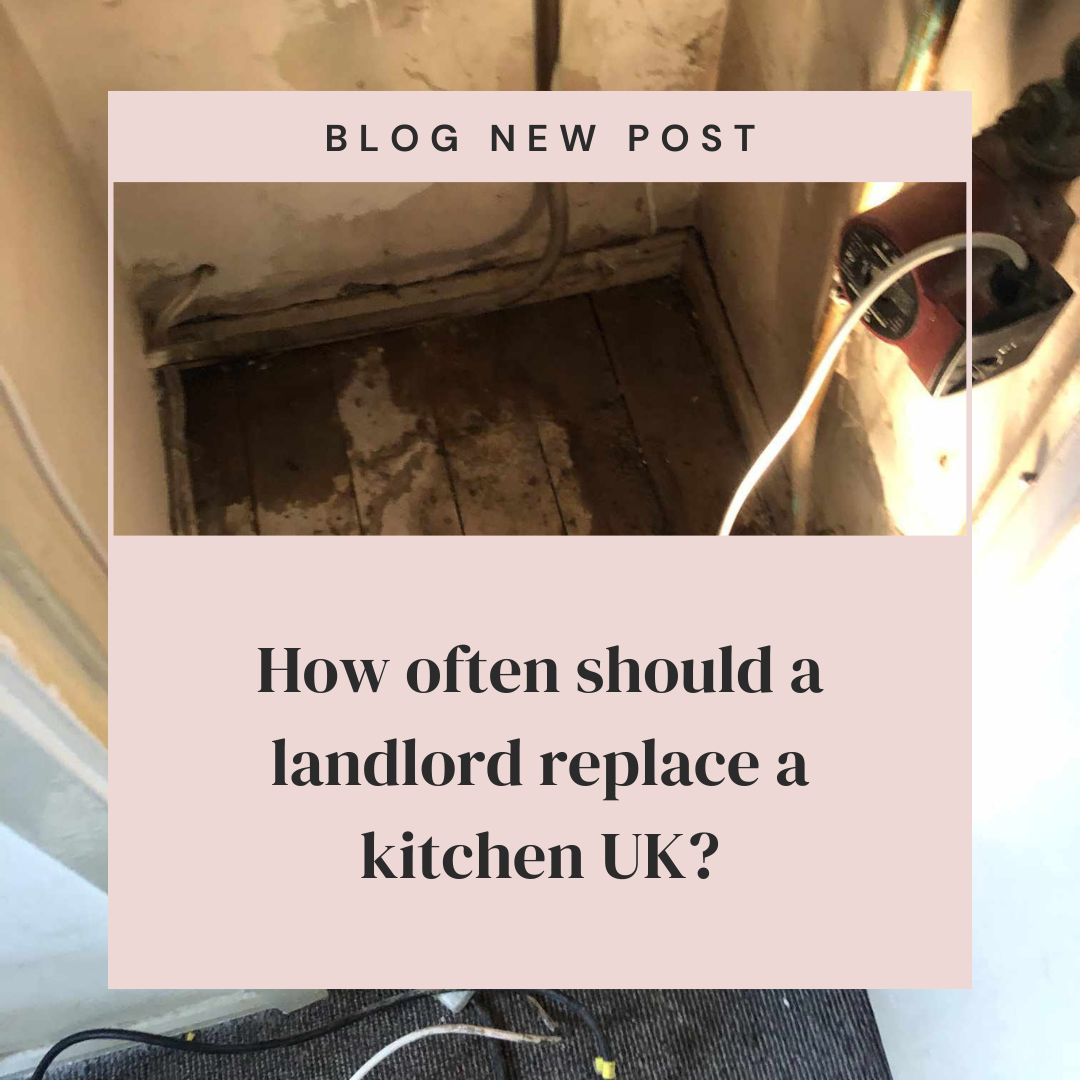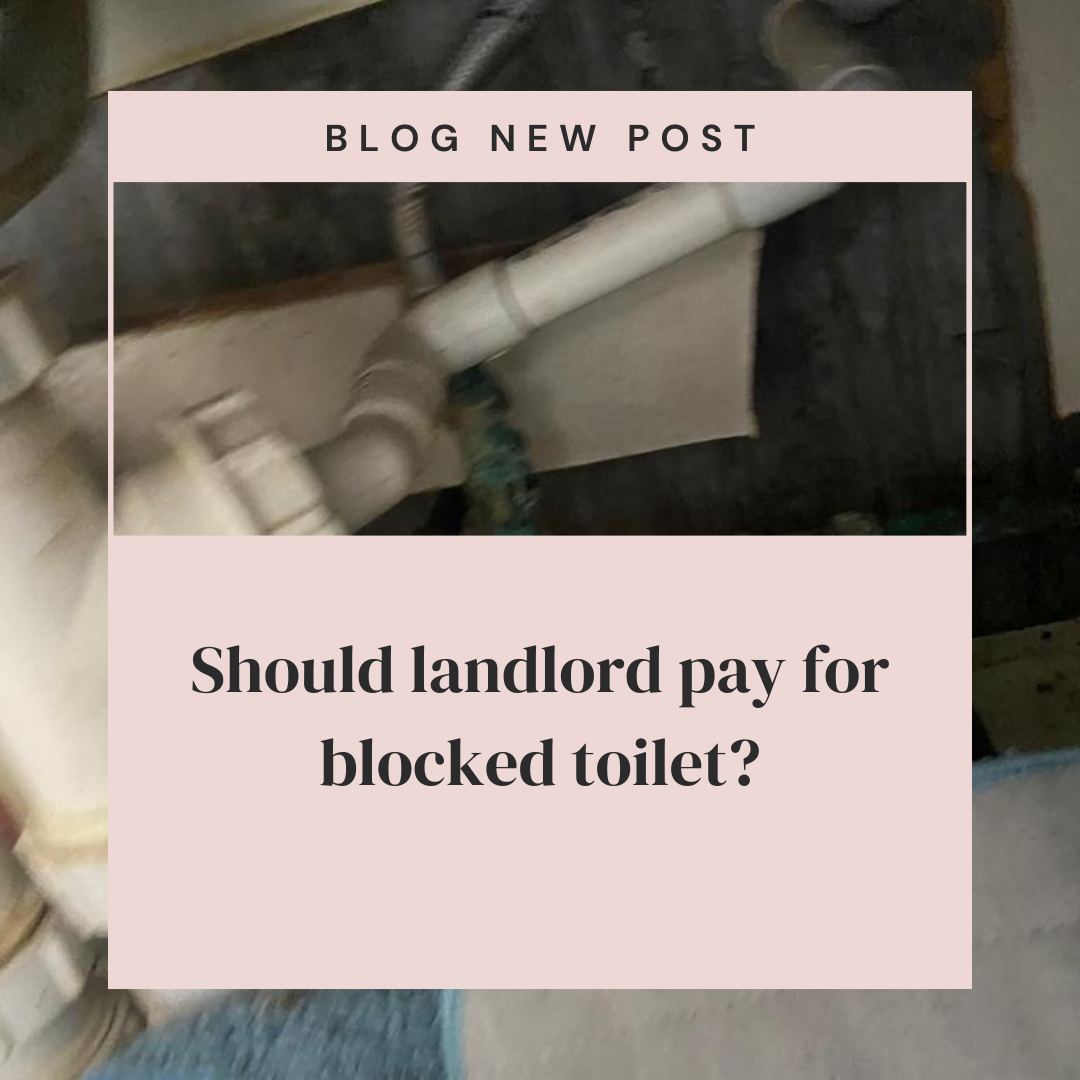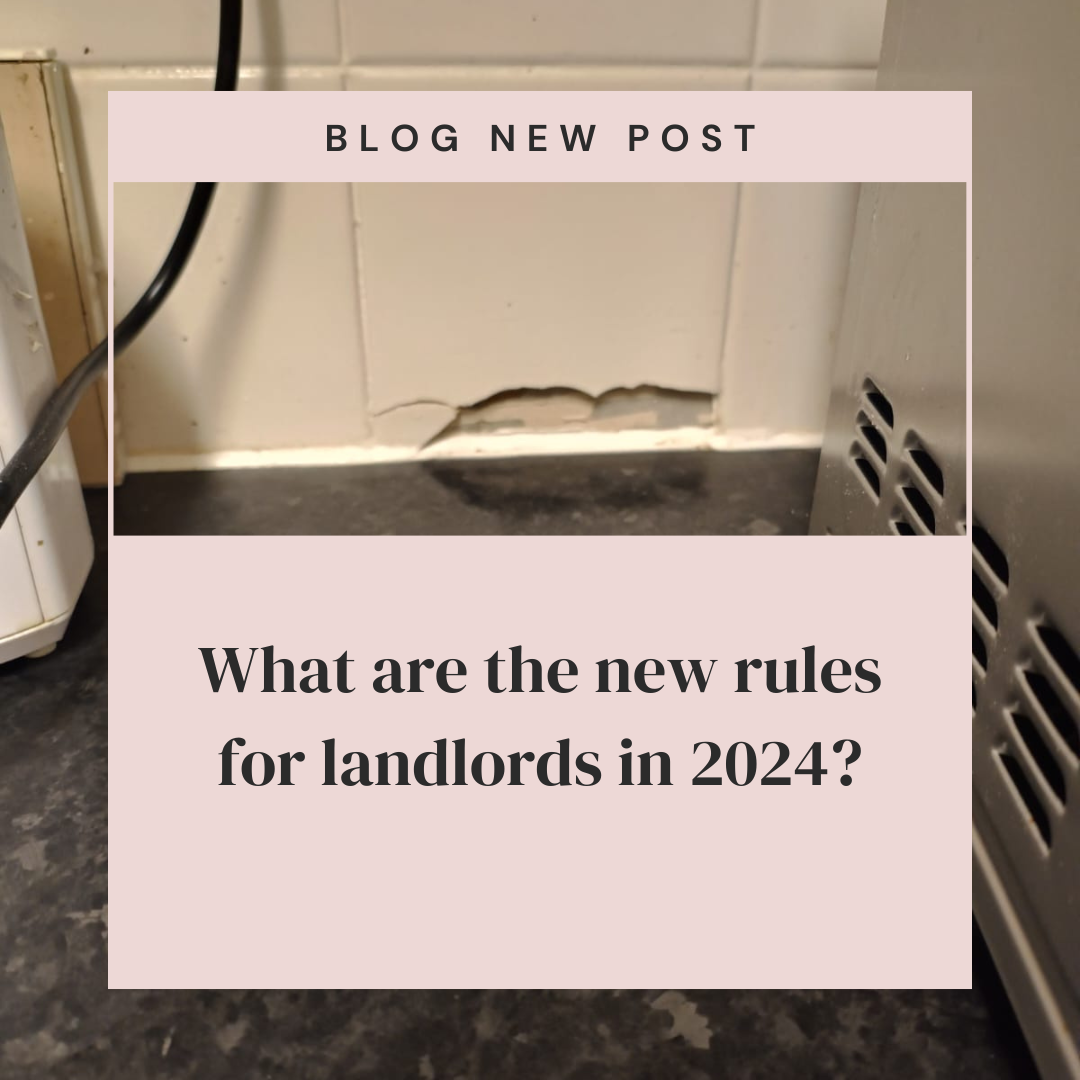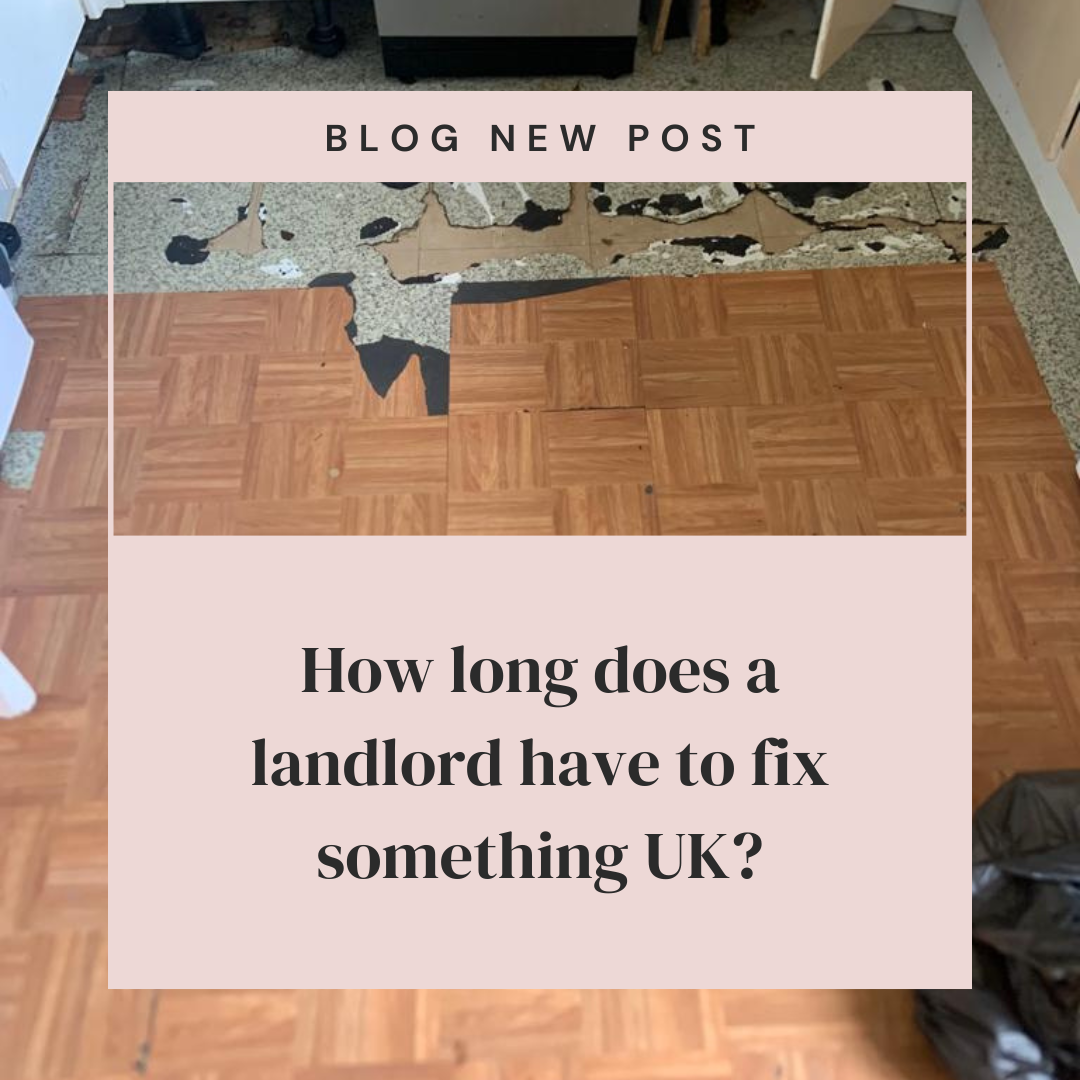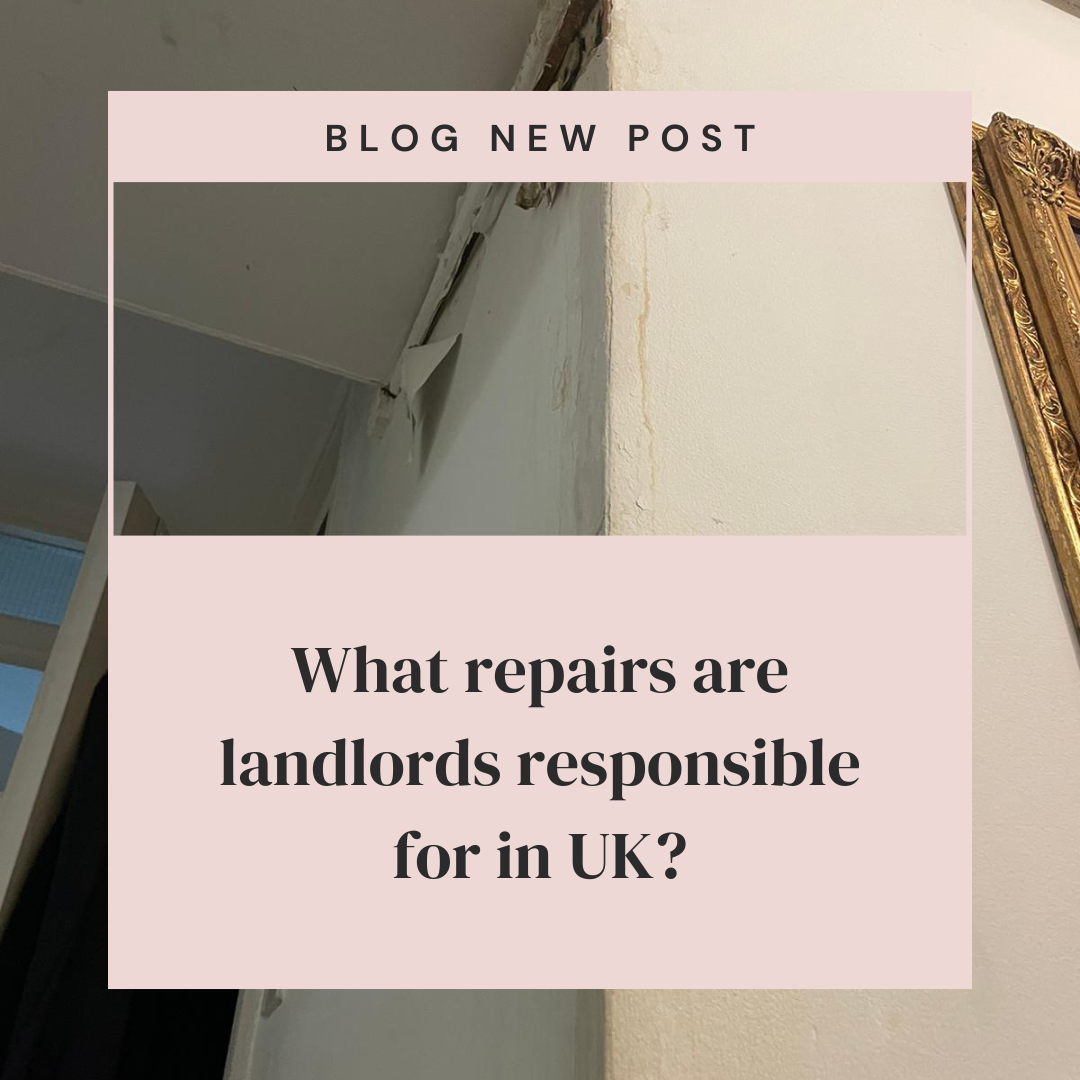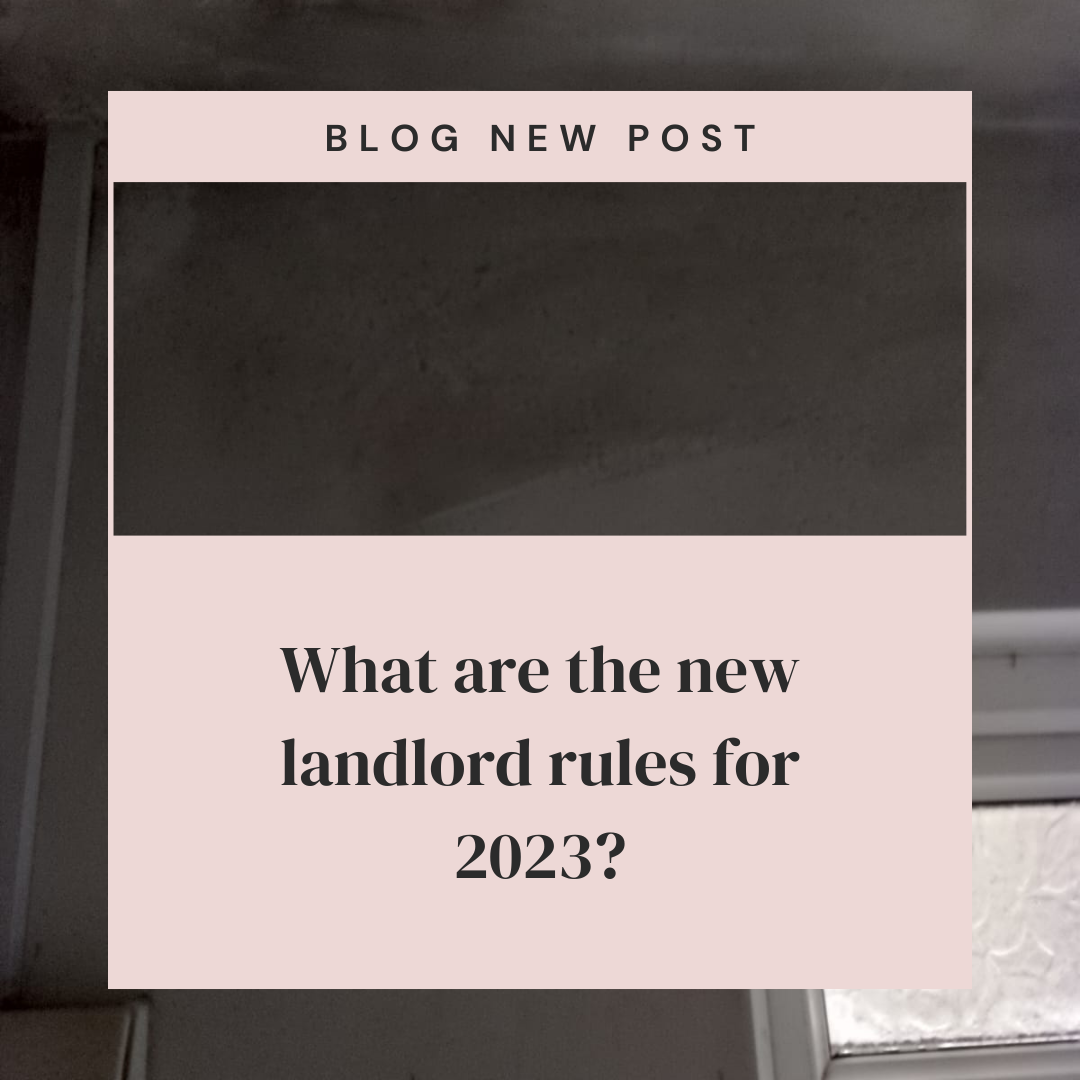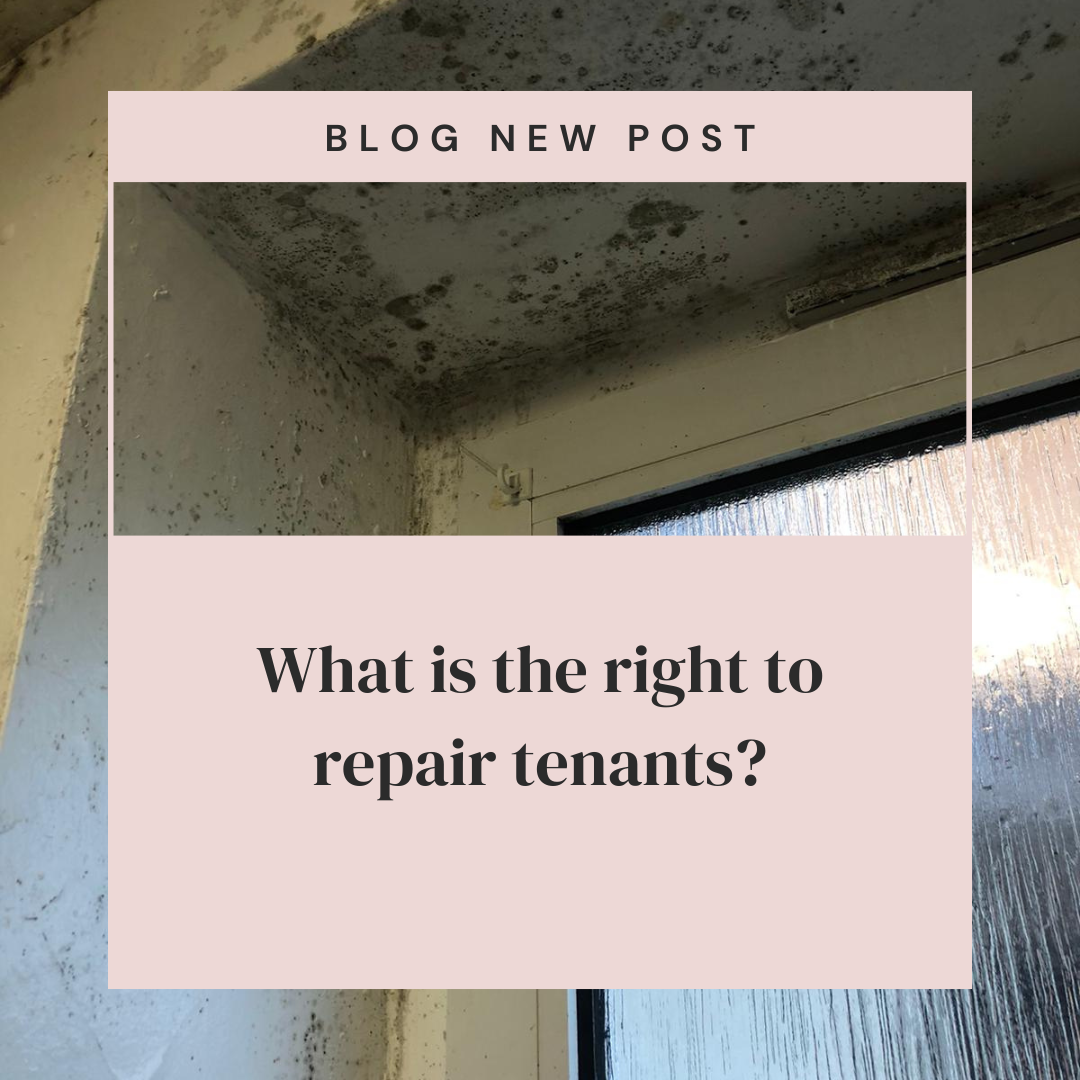Should the landlord fix the tap?
Should the landlord fix the tap? Dripping taps wasting water and money can frustrate many tenants. But who is responsible for repairing tap faults in rental homes – you or your landlord? With leaking taps threatening damp and decay over time, we look at UK laws on essential plumbing repairs.
Landlord Duties Under Housing Acts
Landlords must maintain fixtures, installations and appliances left in properties under the Landlord and Tenant Act 1985. As taps provide essential sanitation and hygiene, faulty taps rendering sinks unusable constitute disrepair.
Therefore if taps break completely or leak persistently, tenants can legally require landlords organize necessary repairs under housing fitness standards. Letting taps deteriorate extensively could risk tenant health.
Reasonable Request Process
However, tenants hold responsibility for minor day-to-day maintenance like changing washers in dripping taps. Your initial request should outline if the tap requires a simple tightening, washer change, or complete new part.
Give full details in writing and reasonable timescales for landlords to source contractors – around 21 days for non-emergency indoor repairs. Persistent neglect may enable you to seek compensation later.
Tenant Liabilities
Equally, excessive tenant damage like bashed taps must be paid for unless wear and tear caused the failure. And temporary fixes like correctly turning off isolated drips until professionally assessed may be required. Document issues showing your own care efforts.
Mutual Understanding
Remember both parties want well-functioning, hazard-free housing. Be specific in repair requests, but patient for genuine constraints like contractor availability. Together, tenants and landlords can resolve even stubborn leaks responsibly. If your landlord is refusing to take responsibility for repairs you have a right to seek free legal advice. Feel free to have a talk with one of our client services team about making a housing disreppair claim against your landlord today.
Important links
Housing Disrepair Advice: https://housingdisrepairadvice.org/contact
Housing Ombudsman: https://www.housing-ombudsman.org.uk/

